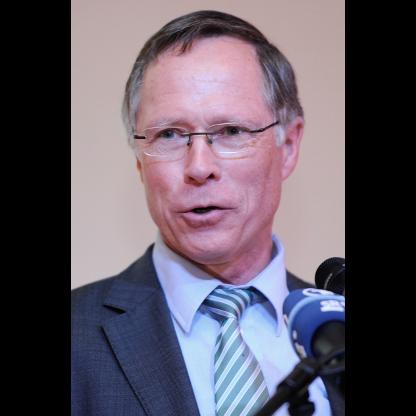In 2011, Lord Sainsbury was formally proposed by the Nominations Board of Cambridge University to succeed the Duke of Edinburgh as Chancellor of the University of Cambridge. If his election had not been contested by 17 June, he would have assumed office on 1 July. However, his nomination became the first in 163 years to be contested by another candidate when, on 29 May, local shopkeeper Abdul Arain, standing against Sainsbury in protest at a planning application for a Sainsbury's Local branch in Cambridge's Mill Road district, triggered a contest that would have to wait until an October ballot. Four days later, a group of Cambridge University alumni successfully drafted actor Brian Blessed as an alternative candidate. On 20 June, socialist barrister Michael Mansfield became the third candidate to oppose Sainsbury. An election took place on 14 and 15 October 2011 which Lord Sainsbury won with 52% of the votes (2893 votes out of 5558) on a 2.5% turnout and he was confirmed to the position on 16 October 2011.









